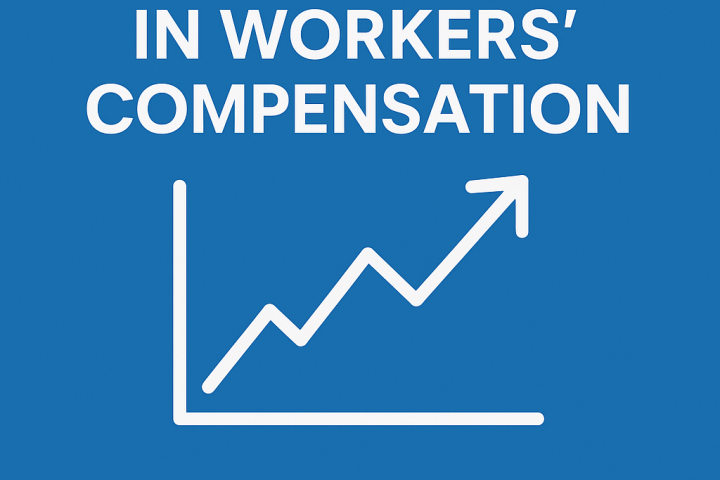The relationship between employers and casual staff is a vital part of the modern workforce. However, a recent case before the Fair Work Commission (FWC) highlights the risks of changing shift patterns without notice. In this instance, the FWC looked at a brow and lash artist’s treatment by a beauty services company. After a hospital stay due to domestic violence, the employer removed the worker from all future shifts. The FWC ultimately ruled that this action was a deliberate casual employee dismissal FWC experts should note.
Why the FWC Viewed This as a Dismissal
The employee became concerned when her shifts suddenly vanished. When she asked for an explanation, the employer failed to provide a clear answer. She believed her absence led to her removal, viewing the change as a termination. In contrast, the company argued that casual workers have no guaranteed hours. They claimed business needs dictated the roster change.
The Fair Work Commission disagreed with the company. They ruled in favor of the employee because the employer did not communicate the change. This lack of transparency impacted the employment relationship significantly. This casual employee dismissal FWC ruling reminds businesses that abrupt, unexplained roster changes can legally qualify as a dismissal.
Rights and Fair Treatment for Casual Workers
Understanding the rights of casual staff is crucial for compliance. While these roles offer flexibility, workers still deserve fair treatment. Many people mistake irregular work patterns for an absence of legal protections. However, as this casual employee dismissal FWC case proves, the law protects casuals from unfair treatment.
Best Practices for Employers
Employers must take proactive steps to avoid legal disputes. You should ensure your staff understands the nature of their employment clearly. Specifically, you should communicate often about:
- Upcoming shift availability.
- Current business workloads.
- Factors that influence roster decisions.
Transparent communication creates a fair environment. This case is a perfect opportunity for businesses to review their current management habits. By reinforcing a culture of respect, you reduce the risk of a casual employee dismissal FWC claim.
Seek Professional Guidance
Managing casual staff requires a firm grasp of employment law. If you need help, legal and HR consultation is a wise investment. Experts like HR Legal can offer strategies to keep your business compliant and fair. In conclusion, prioritize clear communication to maintain a harmonious workplace for everyone.
Disclaimer: This information was accurate at the time of writing and serves as general advice only. For specific legal advice, please call AHR on 1800 577 515.
For more information click here










